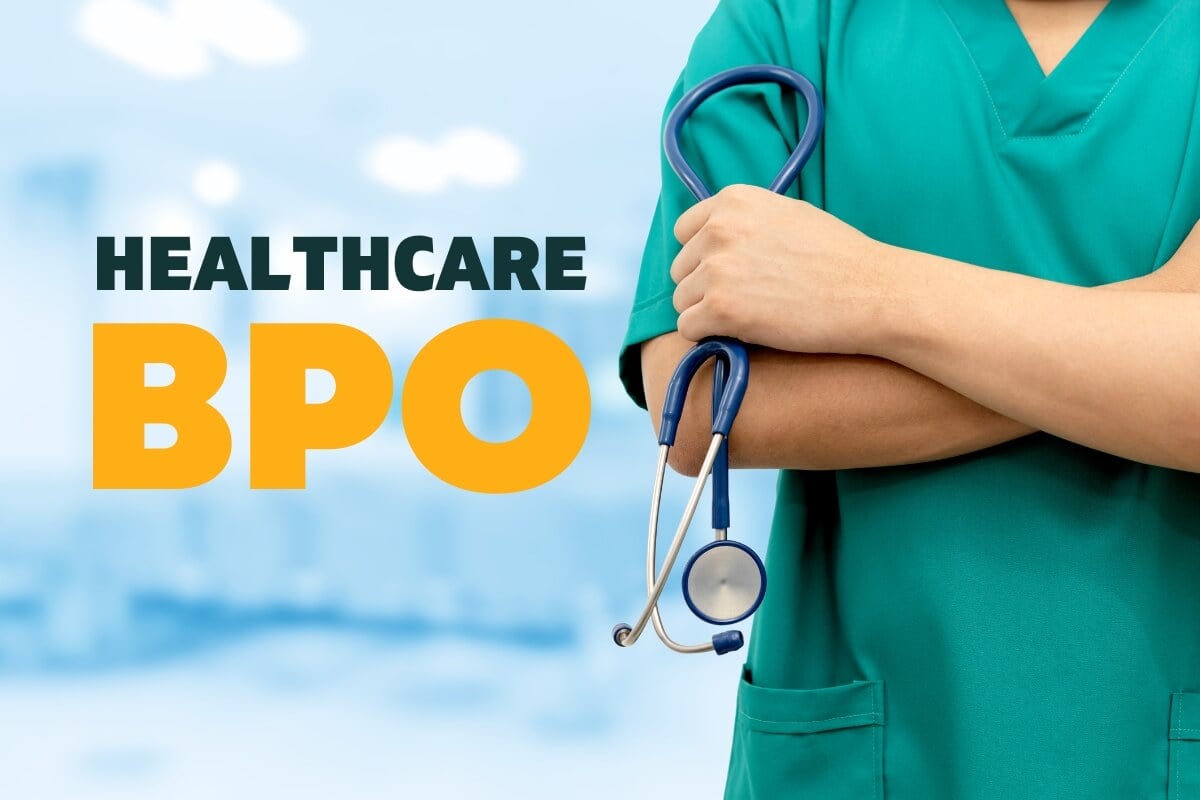Why Healthcare RCM is Vital for Financial Wellness in Medical Practices
Wiki Article
Introducing the Conveniences of Medical Care RCM in Improving Effectiveness and Accuracy in Income Cycle Management
In the rapidly progressing medical care landscape, the importance of Profits Cycle Monitoring (RCM) can not be overstated. As health care service providers aim for accuracy and efficiency, RCM emerges as an essential device in streamlining procedures, minimizing errors, and improving economic end results.
Streamlining Administrative Tasks

On top of that, the combination of electronic health and wellness documents (EHR) with RCM systems assists in real-time information accessibility and sharing, making it possible for health care specialists to make enlightened choices without delay. This interconnectedness not just boosts interaction in between professional and management teams however likewise improves client fulfillment by minimizing waiting times and invoicing inconsistencies - Healthcare RCM. Furthermore, streamlined administrative procedures permit far better compliance with regulative criteria, mitigating risks related to audits and fines
Inevitably, the concentrate on refining administrative tasks in RCM leads to cost financial savings and enhanced monetary performance. By purchasing automation and enhancing process, healthcare companies can accomplish a more sustainable profits cycle, guaranteeing long-lasting viability and the ability to adjust to progressing industry needs.
Enhancing Insurance Claims Processing
How can healthcare companies boost the effectiveness of their claims processing? The integration of sophisticated Earnings Cycle Administration (RCM) systems provides a robust option. By harnessing automation and advanced analytics, RCM systems enhance the facility and frequently difficult cases refining tasks. Automation lowers hands-on information entry mistakes, makes certain compliance with the current invoicing codes, and accelerates the general cases lifecycle from submission to repayment.In addition, real-time analytics play an essential role in improving claims processing effectiveness. These analytics devices give insights into traffic jams and possible rejections, allowing health care service providers to attend to concerns proactively. Predictive analytics can forecast patterns in claim denials, enabling preemptive measures to reduce them, therefore minimizing the moment considered cases to be refined and accepted.
In addition, the adoption of electronic wellness documents (EHR) integrated with RCM systems ensures seamless data flow, reducing redundancies and increasing the precision of information submitted in insurance claims. A constant comments loop helped with by RCM systems even more fine-tunes the process, fostering continuous improvement.
Ultimately, by leveraging technology-driven solutions in claims processing, healthcare organizations can boost functional performance, boost cash money circulation, and supply a smoother experience for people and team alike.
Lowering Economic Errors
Precise monetary administration is critical in health care, where decreasing financial mistakes can dramatically affect operational success. Economic mistakes, whether because of incorrect payment, coding mistakes, or mismanagement of patient accounts, can bring about considerable income loss and stretched connections with individuals and payers. Attending to these errors is vital to maintain a medical care organization's financial wellness and enhance its online reputation.Health Care Revenue Cycle Monitoring (RCM) plays an essential function in decreasing such errors through structured processes. By executing standardized procedures for payment, coding, and collections, doctor can make certain that financial purchases are handled with accuracy. Comprehensive training for staff on existing coding regulations and payment practices additionally minimizes the possibility of errors, making certain insurance claims are correctly processed and repaid.
 his comment is here
his comment is here Additionally, comprehensive audits and regular monetary evaluations within the RCM structure enable the early detection and modification of disparities. Ensuring accuracy in client information access and confirmation further reduces mistakes, as this is usually a primary source of inaccuracies. By focusing on these tactical locations, medical care companies can reduce financial errors, thereby protecting their income streams and improving general operational effectiveness.
Leveraging Advanced Technologies
In today's quickly advancing healthcare landscape, leveraging sophisticated innovations is vital for enhancing Income Cycle Administration (RCM) processes. By integrating advanced services such as expert system (AI), machine knowing (ML), and robotic procedure automation (RPA), doctor can significantly boost the performance and precision of their RCM operations. These technologies assist in simplifying recurring tasks, lowering hand-operated mistakes, and making it possible for faster handling of insurance claims.
Moreover, the integration of blockchain technology enhances data security and transparency within RCM (Healthcare RCM). It guarantees that sensitive information is safeguarded while maintaining an unalterable record of deals. This is important for developing count on with individuals and stakeholders
Boosting Financial Performance
Building on the performances gotten through sophisticated modern technologies, health care carriers can significantly enhance their financial efficiency by improving their Income Cycle Monitoring (RCM) strategies. By enhancing payment procedures, decreasing insurance claim rejections, and boosting money flow, health care establishments can achieve better monetary security.Moreover, data analytics within RCM systems use beneficial insights into monetary fads and functional bottlenecks. By leveraging these understandings, doctor can make enlightened decisions to enhance economic end results, such as adjusting billing practices or renegotiating payer contracts. Improved accuracy in coding and paperwork better lowers claim rejections and audits, fostering a smooth income cycle.
Furthermore, individual learn the facts here now involvement tools incorporated within RCM systems boost person satisfaction by providing clear billing information and versatile repayment alternatives. This transparency not only enhances patient-provider relationships however also urges timely settlements, decreasing superior receivables.
Conclusion
Health Care Revenue Cycle Monitoring significantly maximizes performance and accuracy by improving administrative jobs and improving claims processing. Via the decrease of economic errors and the integration of innovative modern technologies such as AI and predictive analytics, RCM facilitates conformity with invoicing codes and offers valuable understandings into economic patterns. This systematic strategy not just reduces potential case denials yet likewise boosts monetary performance, therefore promoting trust and openness with patients and stakeholders within the medical care system.As healthcare suppliers aim for precision and performance, RCM emerges as a crucial tool in simplifying operations, decreasing errors, and improving financial results.Streamlining administrative jobs in healthcare revenue cycle site link monitoring (RCM) supplies significant benefits by boosting operational effectiveness and lowering the concern on team.Healthcare Income Cycle Monitoring (RCM) plays a pivotal function in minimizing such errors via structured processes.In today's swiftly evolving health care landscape, leveraging innovative technologies is vital for maximizing Earnings Cycle Management (RCM) processes.Building on the effectiveness obtained via advanced technologies, health care carriers can substantially boost their financial performance by fine-tuning their Profits Cycle Administration (RCM) approaches.
Report this wiki page